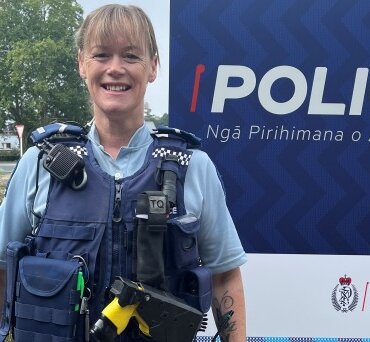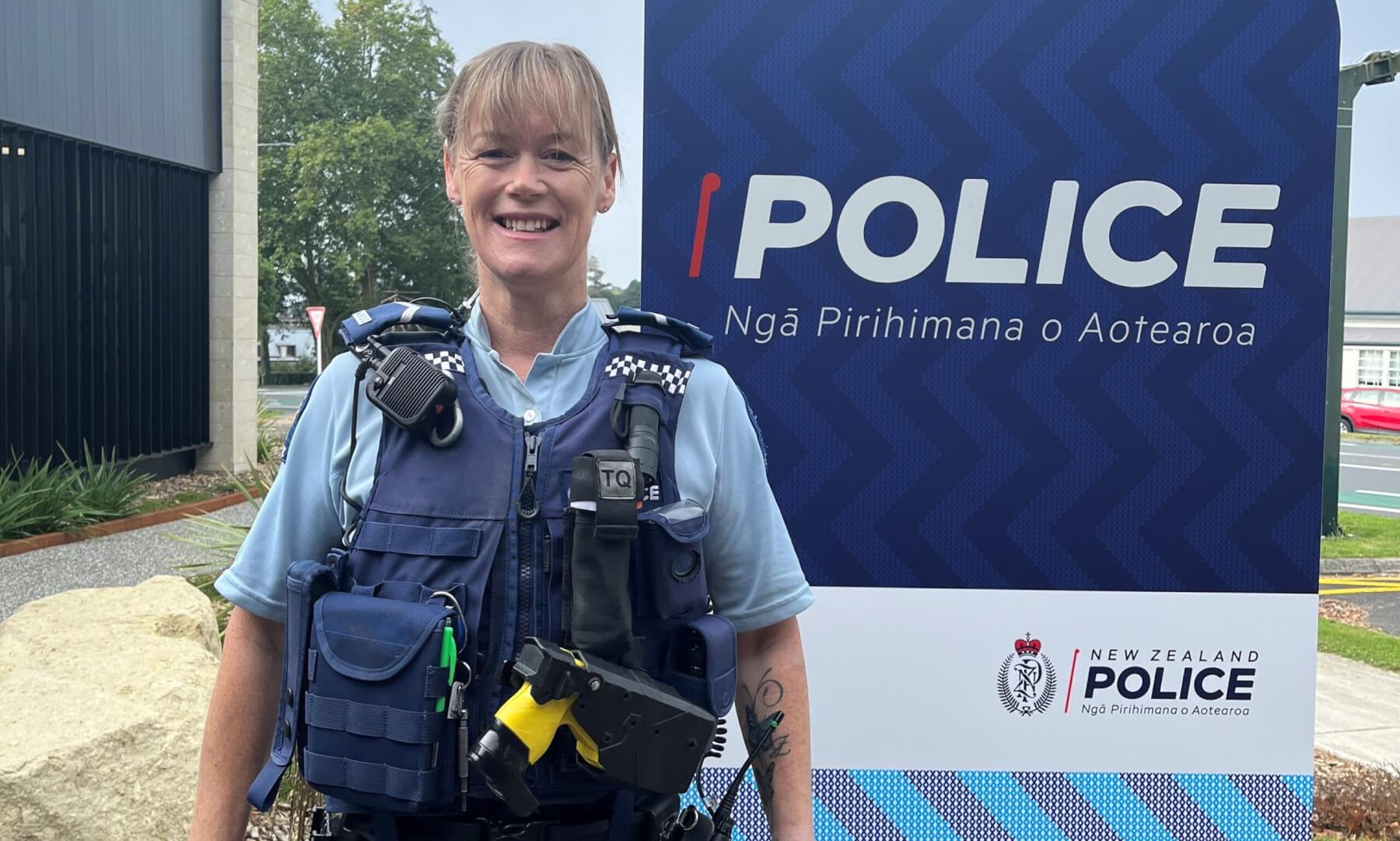
Deb Hann
Scammers are out in force at present. Cambridge Police have received further reports of significant financial loss at the hands of some determined scammers.
In one case a person was convinced to invest in a European bank. Communications were initially made over several days, the caller had what appeared to be a legitimate LinkedIn profile, they spoke English well with a Kiwi accent and did not give any of the stereotypical indications. Communications via email even included a watermark advising the victim to be wary of scammers.
In other email scams, an email was recently received by a victim which advised of a tax refund being due, providing an ird.govt.nz link for them to click on. The email had what appeared to be correct IRD branding and the only clue was that the address showing as the sender was a random, non IRD email address. Always check all details on an email for suspicious signs before clicking on any link. Better still, phone the organisation purporting to be the sender and get confirmation of the communication being legitimate before you click. Better safe than scammed.
Following on from the recent Roto-o-Rangi community meeting, a topic that was discussed was community CCTV. Rural communities have successfully self-funded CCTV cameras to cover key choke points into their area. The benefits of such a camera system are that they are a deterrent to criminals, can provide important information about a vehicle used by an offender, and show the offenders themselves; all providing vital leads for an investigation. Registration plates and detailed vehicle descriptions, the number of occupants in a car and visuals of who was driving, what they were wearing are great. These sort of CCTV arrangements are already working very successfully in some of our communities. Combined they protect not only the immediate community but contribute to keeping Waipā safer as a whole. Key things to consider are where the cameras would best be located to capture all traffic into and out of an area, power sources and Wi-Fi accessibility. With costs shared between multiple households, the implementation can be quite manageable when done in this way.
One final word, since my column last week we have had still further thefts from insecure vehicles. Please, please lock your car, even if you are leaving it briefly – and never leave your keys inside and the vehicle running. Have a good week and stay safe.









